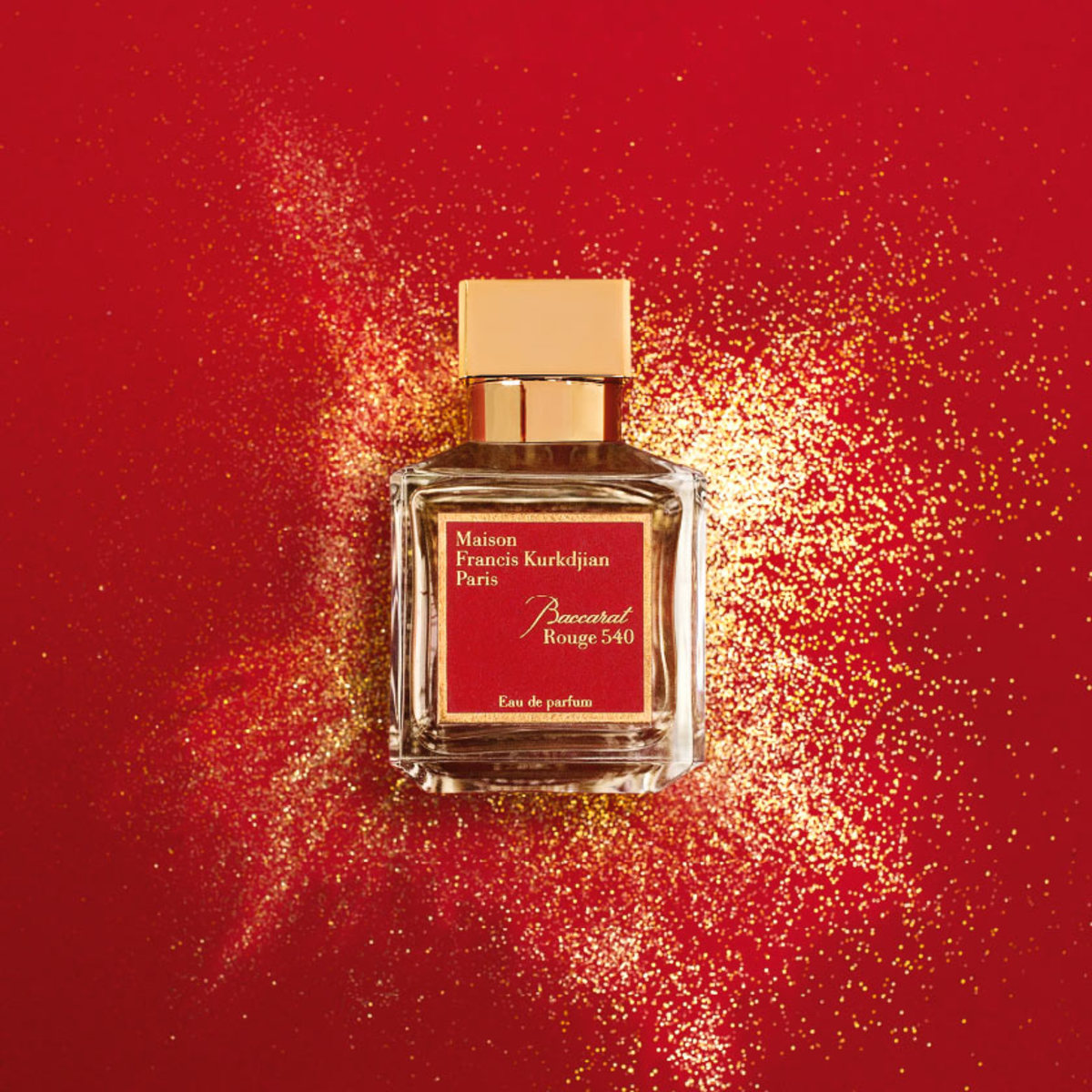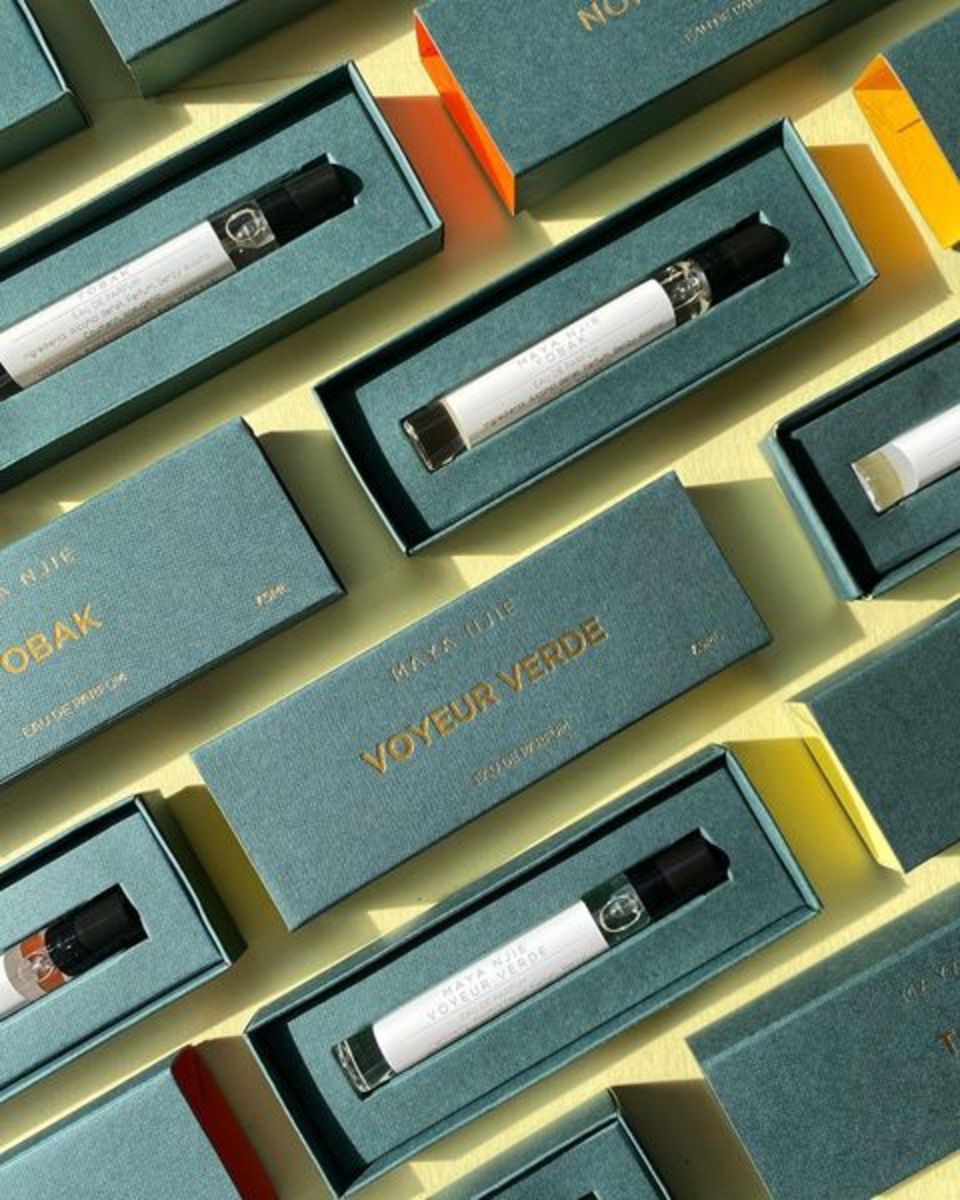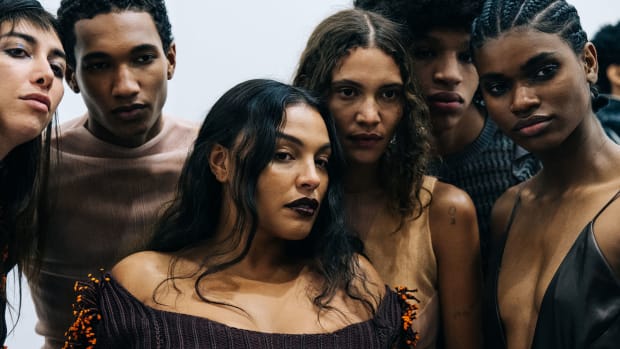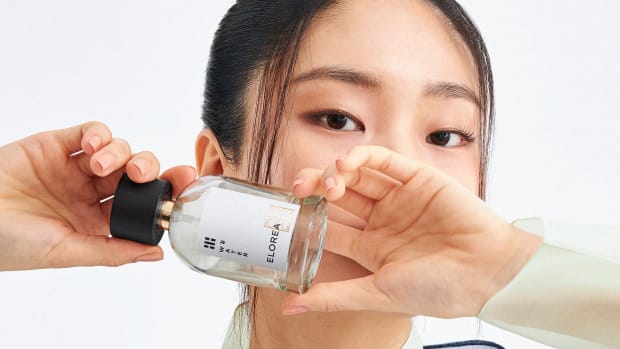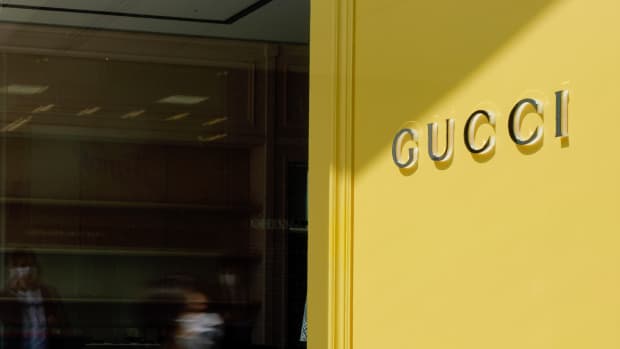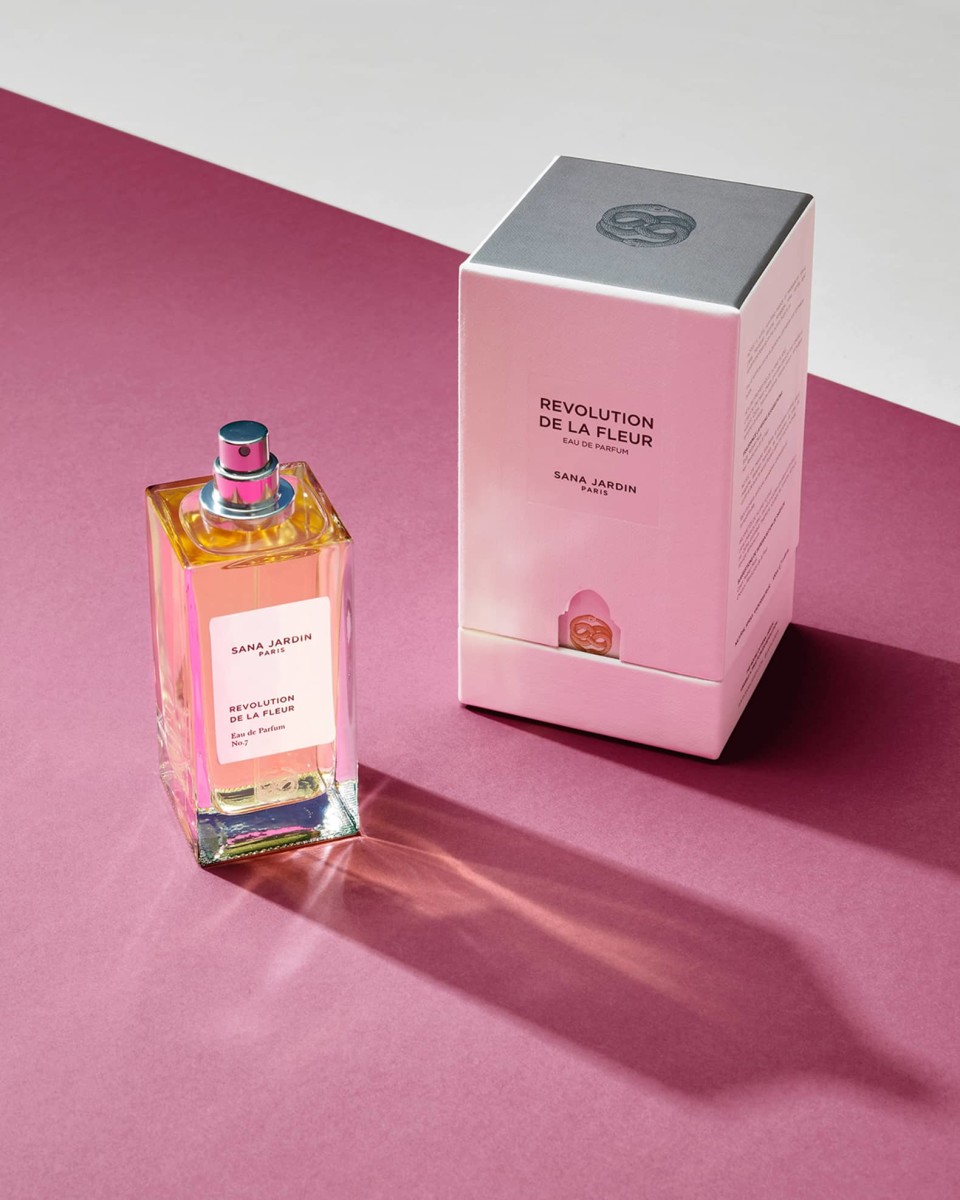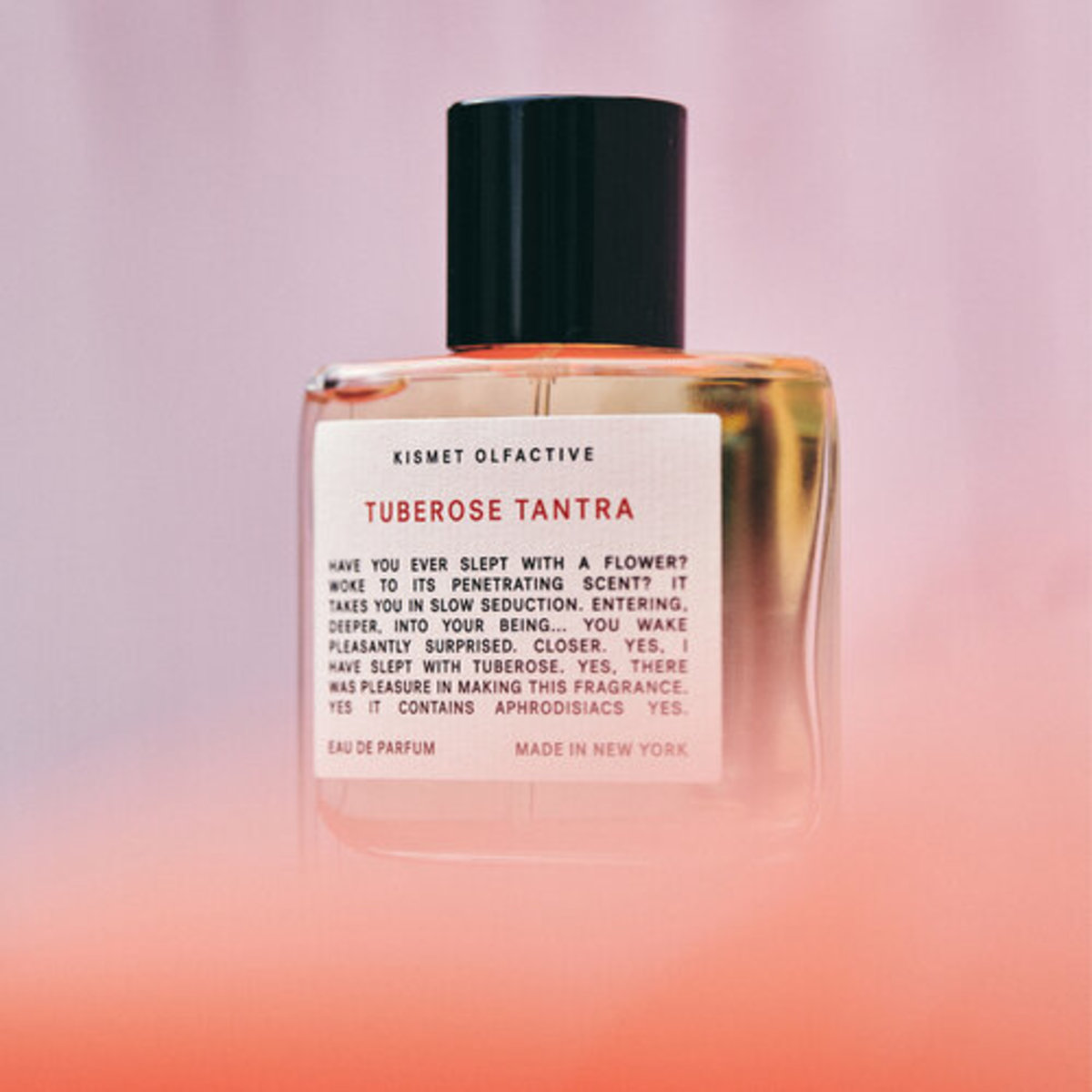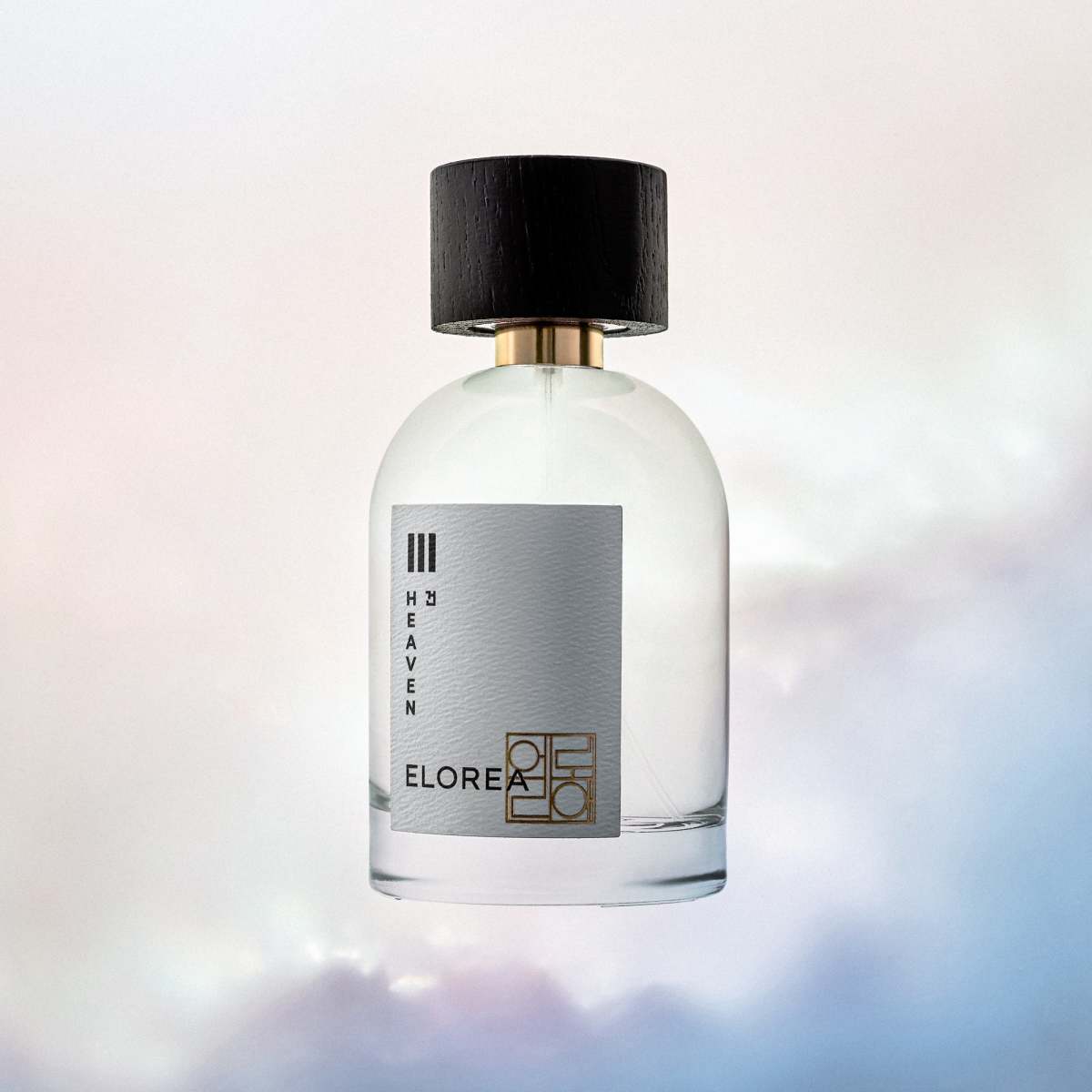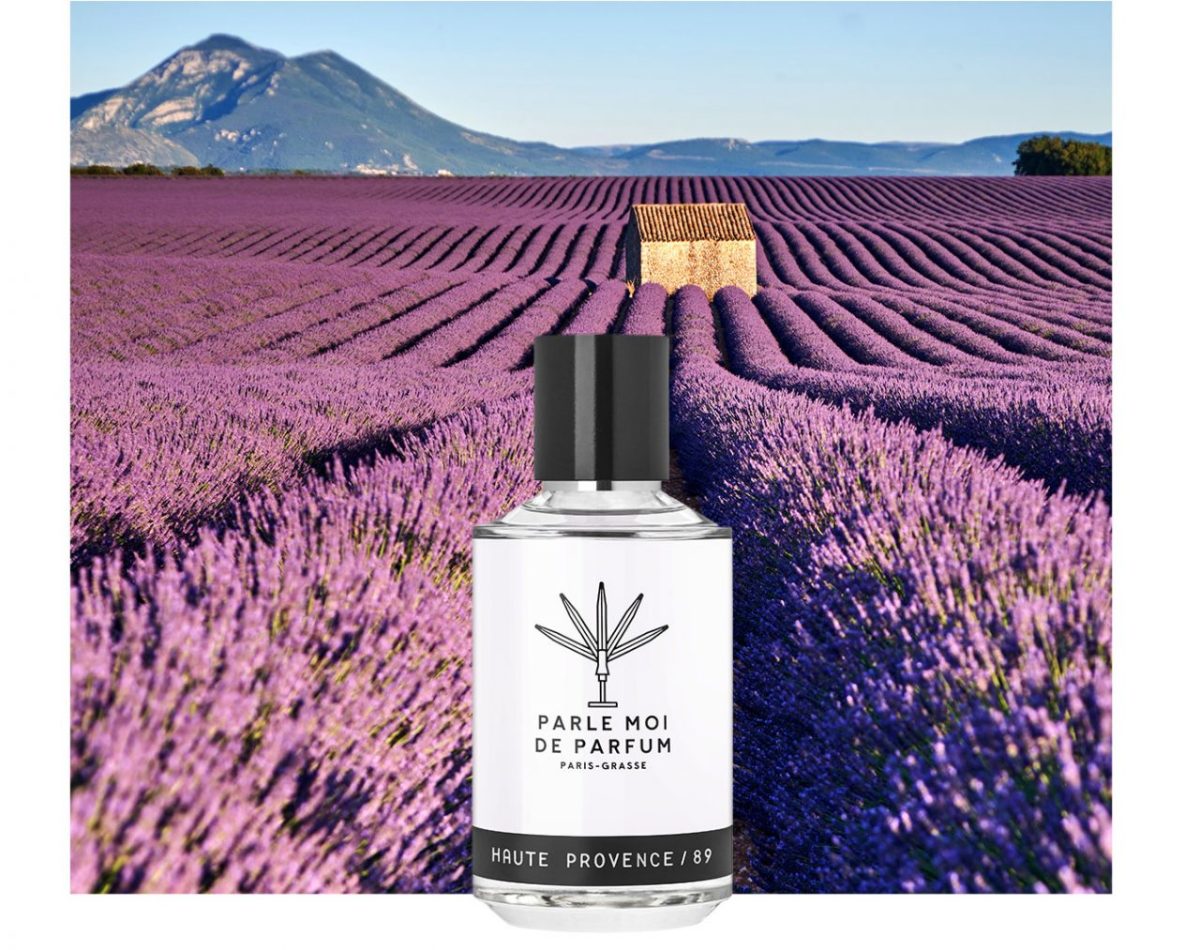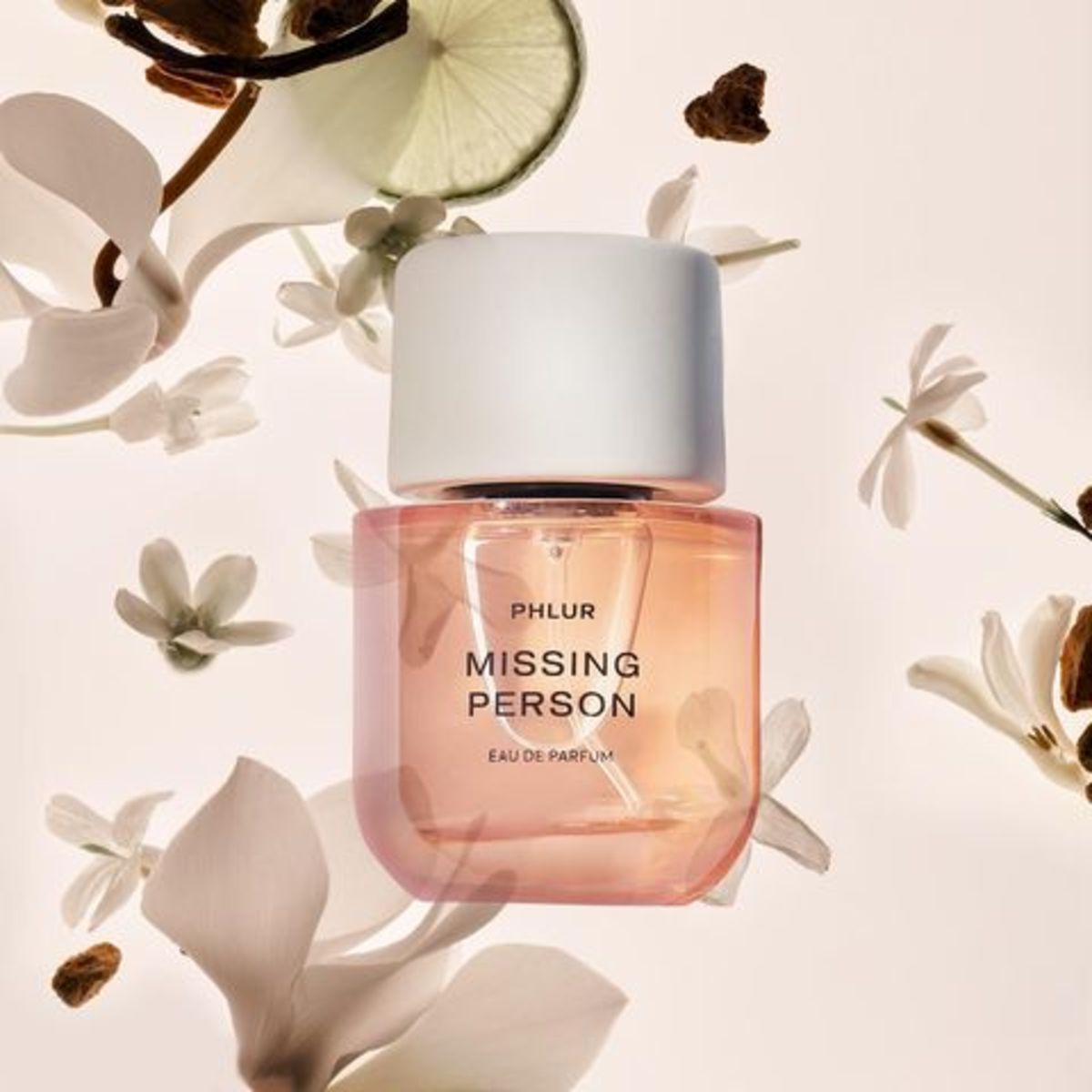Fragrance has been utilized for millennia. For at least 4,000 years, Ancient Egyptians and Mesopotamians harnessed aromatic resins, believing that the earthly notes of incense burning connected them with the Gods.
Many of our ancestors believed that scent could expel bad energy, protect the body and clear the mind. Scent became a form of personal expression — much like how it's used today. Even the ingredients ancient civilizations used are still seen in trendy perfumery today: frankincense, jasmine, myrrh, lilies and honey.
Also similar to ancient times, some modern-day fragrance is produced in small batches with local ingredients — but rather than Egyptian priests acting as perfumers, we have a boom of up-and-coming fragrancers. And a boom it is.
But what exactly are indie fragrances? "'Indie' is one of those words where you'll get six different definitions if you ask three different people," says LC James, whose TikTok account Nearly Nose Blind celebrates emerging fragrance brands. For some, "indie fragrance" might refer to brands that sell mostly direct-to-consumer via their own online sites. "Others might think of self-taught perfumers, like D.S. & Durga's David Seth Moltz," she says. "Still others might say 'things you can't find in a department store or boutique.'" For the sake of clarity, in this article, "indie fragrances" will refer to any brand outside traditional or major perfume houses.
Indie brands have always existed, notes Sable Yong, writer and co-host of fragrance-focused podcast "Smell Ya Later." The difference and success of these smaller brands now, though, has to do with technology and smaller brands' abilities to market on a larger scale.
"Brands can reach people more easily, so the channels for marketing and advertising are more accessible for smaller brands that don't necessarily have the huge budgets that department store brands have traditionally needed to be known," says Yong.
And a lot of this success is in part thanks to TikTok, which has given rise to creators and brands celebrating and showcasing fragrance. The emerging platform is a game-changer when it comes to boosting trending products.
"TikTok is making scents like Maison Francis Kurkdjian Baccarat Rouge 540 a viral perfume online and offline," says Suzanne Scott, Associate Beauty Director of Seen Works, the strategic and trend forecasting division of agency Seen Group. A single viral post can not only introduce users to an indie brand but also sell out their inventory nearly instantaneously.
The other aspect of this indie fragrance boom, whether mostly influenced by social media platforms or not, is the budding desire for individuality from the consumer.
"The joy of indie fragrances is they supply the antidote to that homogeneity with interesting compositions, and they are often handmade and produced in small batches so you know that what you're wearing isn't worn by everyone else," says Scott. "They help to bring back some of that uniqueness and exclusivity, the thrill of finding a scent that people come to associate with you and only you."
The consumer is also revisiting their POV when it comes to beauty in general, but especially what they smell like. "Fragrance is undergoing a consumer redefinition that was already present in the indie and niche communities — a recontextualization of perfume as personal expression in the same way fashion choices are, as opposed to something you do for other people," says James.
Smaller brands can build dialogues with their consumer base, almost creating alongside their community. "I see these brands as challengers to the status quo, they think and operate differently to the larger, established brands so often they're the ones that are driving the biggest innovations," notes Scott.
Indie Fragrance Is Leading the Way
These small brand innovations are now pushing the entire industry as a whole. A few of the biggest movements within fragrance can be traced back to indie brands, including memory-based scents, genderless marketing and the concept of 'thoughtful sustainability'.
Memory-inspired scents are a particularly unique and unexpected trend in the fragrance industry because scent is so personal. One brand's highly-specific scent can trigger a similar memory for you, even if you and the fragrancer were born worlds apart. James references London-based Maya Njie, who has been designing scents since 2016 that come from deeply personal experiences.
"They're relatable as all hell," says James of Njie's scents. "Tobak smells like the remnants of pipe tobacco my great-grandfather used to carry. Imagine my surprise when I learned the same thing inspired her, decades and oceans away," she says.
Every expert interviewed for this story noted that antiquated concepts of gender are falling to the wayside in favor of clever scents that are meant for anyone, no matter their gender identity.
"There are many new fragrance brands launching with modern, genderless marketing that appeals to the youths as lifestyle accessories to accentuate one's style, no longer like a precious thing only worn on special occasions," says Yong.
Not only do smaller brands often reflect more modern takes on gender, but indie brands often make efforts to focus on representation overall.
"New and indie brands pave the way for more POC and women-owned brands or perfumers to step into the limelight," says Soua Hong, the creator of the fragrance-based account The Grey Ordinary. "As a Korean American woman, I'm excited to experience and learn more about how different cultures and individual experiences garner and stimulate different olfactory creations."
"Sustainability" is also becoming a big buzzword in fragrance right now, and one that will no doubt only continue, notes Scott. That includes more sustainably-sourced ingredients, as well as reduced packaging and recyclable bottles, lids and pumps.
One brand that has been championing sustainability since its debut is France-based Ormaie Paris (although the mother-and-son brand bills itself as more of a "family maison" rather than an indie brand — how French of them). Co-founder Baptiste Bouygues spent his childhood in fragrance, playing in the studios of some of the best perfumers in the world. But when it came to creating his own brand, he decided to harness the powers of only sustainability-obtained natural ingredients. This re-imagination of fragrance is possible for indie brands, but much harder for large-scale houses, notes Bouygues.
Recommended Articles
"Even though I loved the fragrance industry before, new brands are pushing the boundaries of creativity, and that is what I love," he tells Fashionista. The success of the three-year-old brand might have to do with the consumer seeking out their thoughtful production, but it also doesn't hurt that each bottle of Ormaie looks like a work of art, enticing the customer to proudly put it on display.
What's Next in Scents?
Just as in fashion, fragrance trends are cyclical, but also based on our collective cultural experiences. For example, the global pandemic can be seen dictating most of the upcoming trends, including a desire for cozy scents, functional fragrance that makes us feel happier, and nostalgia for another time.
Expect to get cozy. Naturally, the isolation many of us experienced over the past two years pushed us to self-soothe wherever possible, and fragrance became just one of many vehicles to do that.
"While we're enjoying more freedom now, the world still feels tumultuous, so we're looking to fragrance to help still the mind and calm the nerves," says Scott. That means notes of cozy cashmere, grounding vetiver and cedarwood, as well as warming spices and amber.
Yong agrees that comfort is likely to keep trending. "Fragrance as a beauty category has shot up quite a lot in the last two years because after everything that's happened, people are craving new experiences and pleasure, as well as nostalgic comfort — all things fragrance does very well," she says.
Another trend that will continue to rise is the concept of "functional fragrances." A leader in the space is The Nue Co., which has hard data to back up the "anti-stress" claims of its cozy cardamom Functional Fragrance. It's been shown in studies to reduce anxiety and calm the mind within 30 minutes. But Scott predicts the next iteration of functional scents will be more focused on bright and effervescent notes (like juicy citrus and bright florals) to encourage feelings of joy, passion and fun. "It will be less sedate, more energetic to bolster mood and make the wearer feel great," she says.
Sensing a theme? Feelings, moods, and emotions. Let us add another concept to those: nostalgia. Like many other trends across beauty and fashion right now, nostalgia is back. "We're looping back to some classic scents and note profiles, wanting to smell like certain motifs or genres from the past," says Hong.
New Indie Brands to Know
Growing indie fragrance brands like D.S. & Durga, Boy Smells and DedCool have become big names in the category, and that's because they're all innovative, forward-thinking and buzzworthy. But there's also a whole new crop of smaller indie brands emerging, many of which have incredible backstories that you haven't seen or heard of yet. Here are five brands that are both inspiring and about to be on everyone’s (or those in-the-know) nightstands.
Sana Jardin
This fragrance house makes you feel good – and does good. The brand describes itself as "scent with intent." "Not only are the fragrances excellent – Tiger by her Side is a favorite with amber, vanilla, cinnamon, and patchouli – but they're socially conscious," says Scott. "Founder, Amy Christiansen Si-Ahmed, has created a business model that helps to establish the women in the supply chain as entrepreneurs in their own right."
Kismet Olfactive
Shabnam Tavakol is a formally-trained perfumer who left the mainstream industry to incorporate her knowledge and art into her own New York City-based brand.
"She excels at blending her formal training, deep knowledge of art and literature, and cultural roots into perfumes that have a deeply rooted sense of place," says James. Studio Scent is one of James' all-time favorites.
Elorea
Inspired by the rich history of Korean fragrance, Elorea is dedicated to re-introducing Korean fragrance to the world, which is underrepresented in the global market.
"We want to offer an alternative to the Euro-centric idea of fragrance and present the deep and rich culture of our ancestors in modernized interpretations," notes the brand. Each fragrance is made in small batches with Korean-based ingredients and sustainable practices. Both Yong and Hong count Elorea among their favorite indie brands.
Parle Moi de Parfum
Much like Ormaie Paris, Parle Moi de Parfum is a French family-owned maison.
"They are doing beautiful things," says Bouygues. That includes the buzzy Mile High, which is inspired by long-haul destinations with notes of pineapple, Tonka beans, immortelle and Indonesian patchouli — like an olfactory trip around the world.
Phlur
In February, influencer and entrepreneur Chriselle Lim acquired and relaunched Phlur. At the same time, Lim introduced the brand's newest fragrance, Missing Person, a floral musk scent, that caused nothing short of a frenzy on fragrance TikTok. Currently sold out, Missing Person is meant to mimic the scent of "your lover's skin" — but most fans find the white musk, jasmine and orange blossom fragrance just simply addictive.
No matter what scents or notes you're drawn to, there's an indie fragrance for you. The beauty of a smaller brand is that there is usually a pretty special story behind each bottle. And that's especially the singular ability of fragrance. "Consumers connect to perfume in a unique way, I think, because of the emotional power it can hold," says James. "It can be a memory-keeper, armor or method of expressing your gender."
Please note: Occasionally, we use affiliate links on our site. This in no way affects our editorial decision-making.
Never miss the latest fashion industry news. Sign up for the Fashionista daily newsletter.

